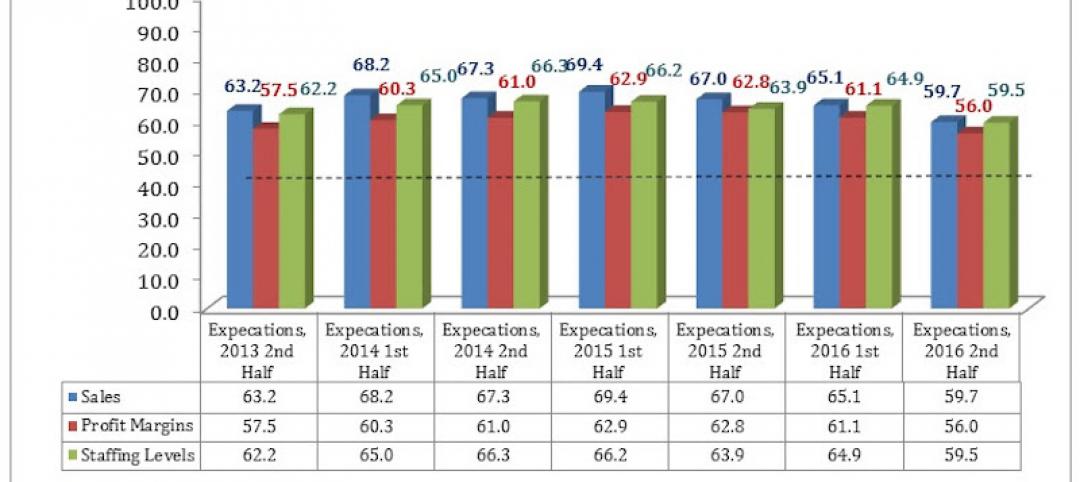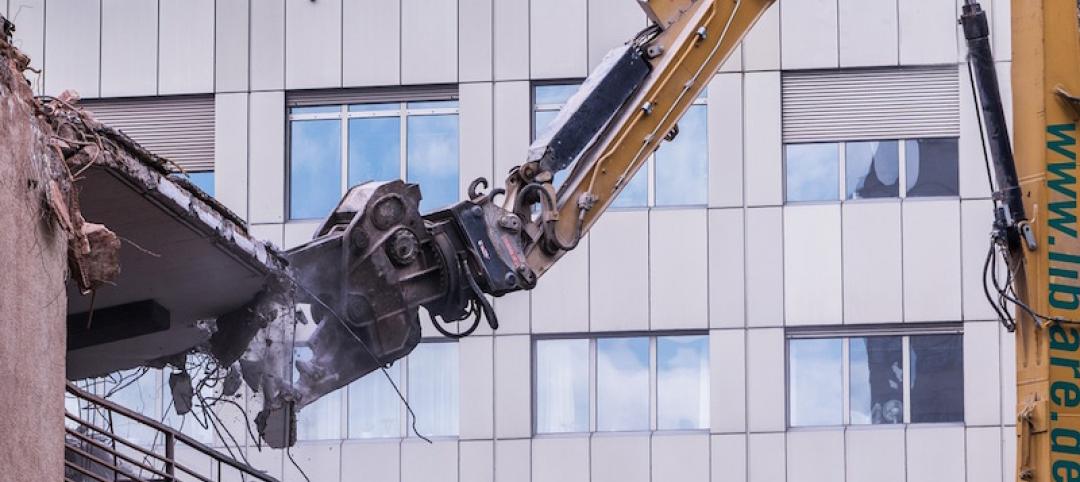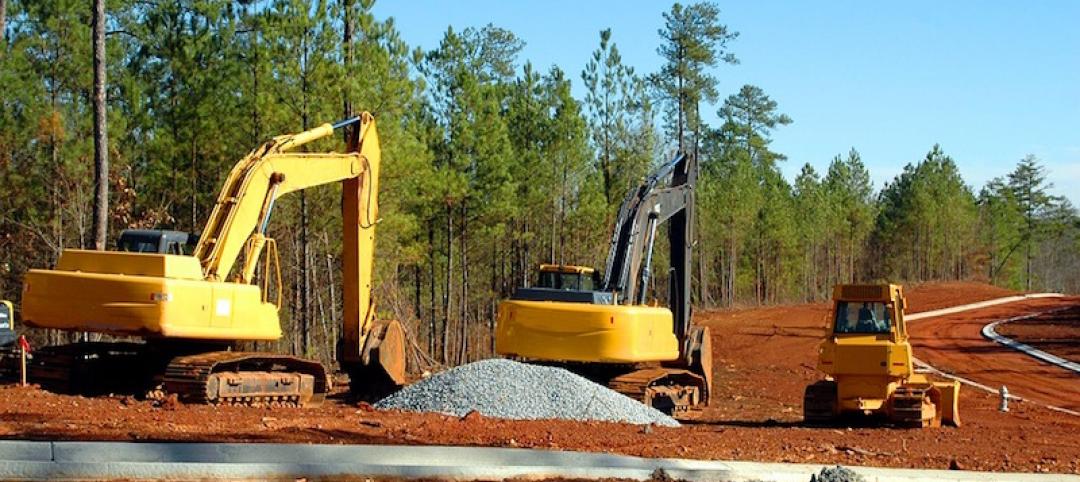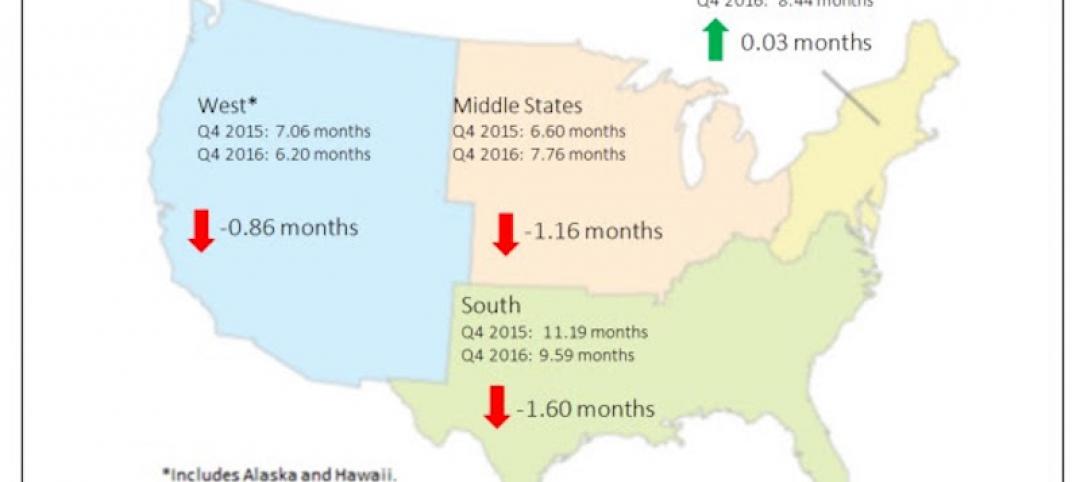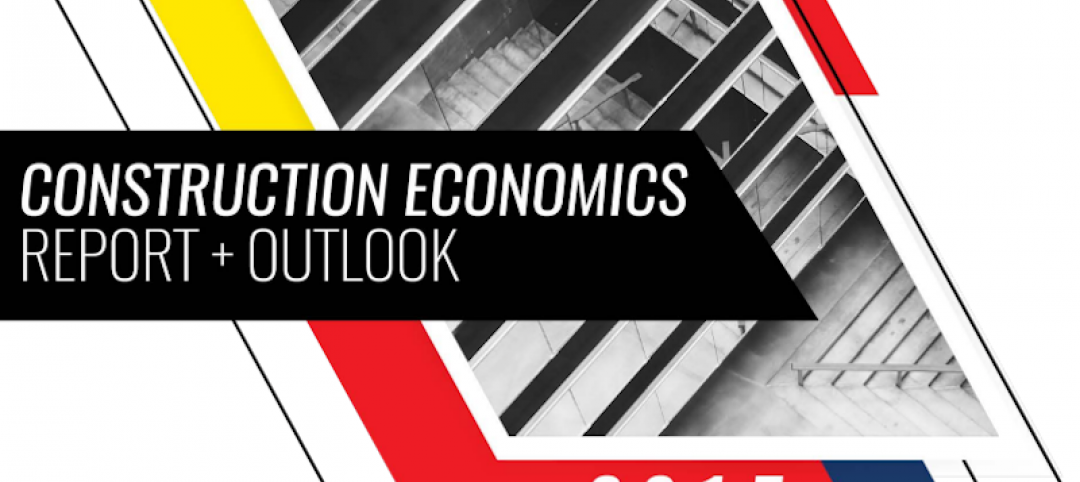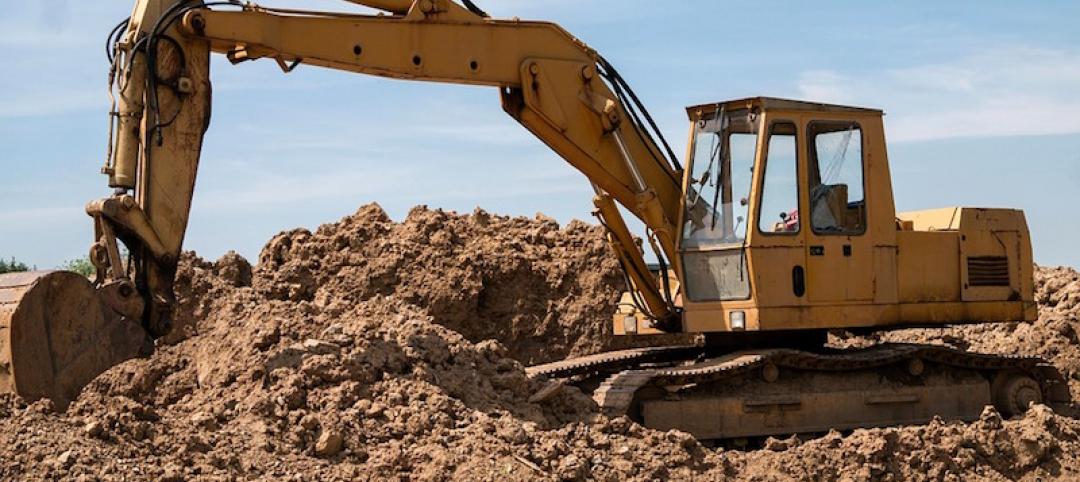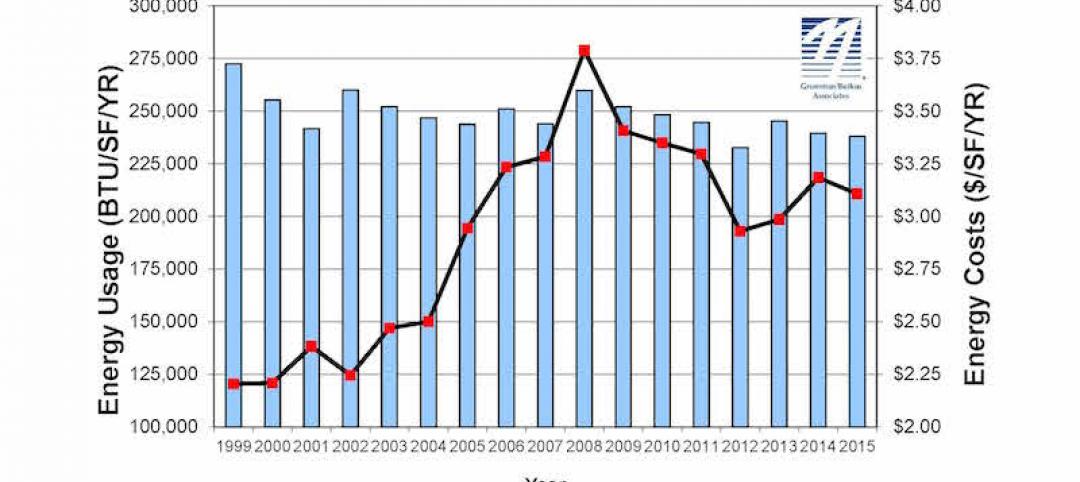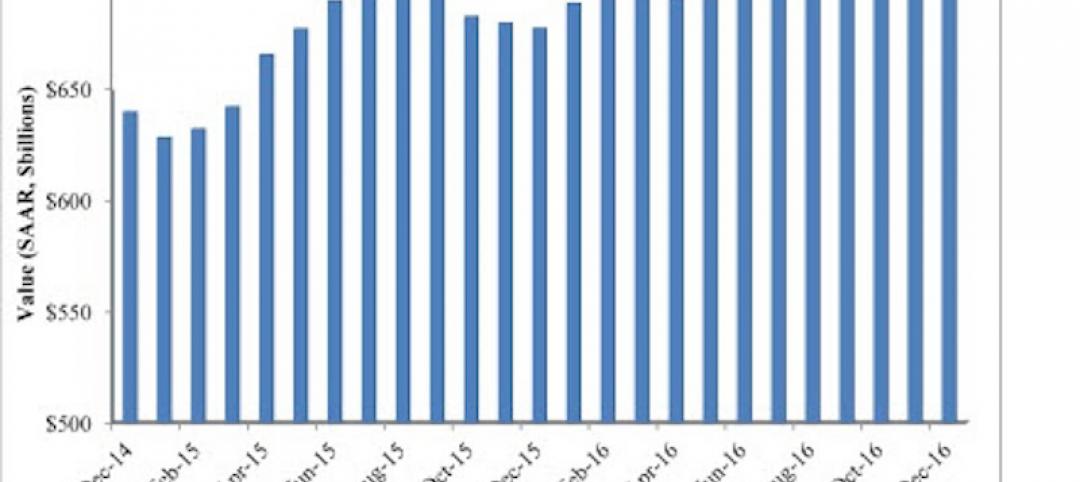Bolstered by a positive economic environment, U.S. multifamily rents increased 3% year-over-year in January 2020.
Sixteen of the country’s top 30 markets posted year-over-year rent growth above the national average and none experienced a decline, a new report from Yardi® Matrix shows. The $1,463 rent was $1 below the average for December, but “stagnant or decelerating rents are common during the winter months and could continue” through the first quarter, the report says. The national economy’s resilience continues to sustain “strong and steady” multifamily fundamentals.
Phoenix and Las Vegas maintained their year-over-year rent growth leadership for the 16th consecutive month in January. Sacramento, Calif., California’s Inland Empire and Nashville, Tenn., rounded out the top five metros. Nashville and Charlotte, N.C., the No. 6 entry, have benefited from corporate relocations from higher-cost cities. Boston was the lone Northeastern market in the top 10.
Potential impediments to rent growth this year include new statewide rent control measures and increased local regulation of security deposits and resident acceptance criteria.
National supply deliveries figure to decline this year as “multifamily construction originations are at a five-year low and the increased cost of labor and materials continues to be an issue,” according to the report.
Get the latest in-depth data on employment, supply, occupancy and market rent growth trends in the Yardi Matrix multifamily national report for January 2020.
Related Stories
Market Data | Mar 29, 2017
Contractor confidence ends 2016 down but still in positive territory
Although all three diffusion indices in the survey fell by more than five points they remain well above the threshold of 50, which signals that construction activity will continue to be one of the few significant drivers of economic growth.
Market Data | Mar 24, 2017
These are the most and least innovative states for 2017
Connecticut, Virginia, and Maryland are all in the top 10 most innovative states, but none of them were able to claim the number one spot.
Market Data | Mar 22, 2017
After a strong year, construction industry anxious about Washington’s proposed policy shifts
Impacts on labor and materials costs at issue, according to latest JLL report.
Market Data | Mar 22, 2017
Architecture Billings Index rebounds into positive territory
Business conditions projected to solidify moving into the spring and summer.
Market Data | Mar 15, 2017
ABC's Construction Backlog Indicator fell to end 2016
Contractors in each segment surveyed all saw lower backlog during the fourth quarter, with firms in the heavy industrial segment experiencing the largest drop.
Market Data | Feb 28, 2017
Leopardo’s 2017 Construction Economics Report shows year-over-year construction spending increase of 4.2%
The pace of growth was slower than in 2015, however.
Market Data | Feb 23, 2017
Entering 2017, architecture billings slip modestly
Despite minor slowdown in overall billings, commercial/ industrial and institutional sectors post strongest gains in over 12 months.
Market Data | Feb 16, 2017
How does your hospital stack up? Grumman/Butkus Associates 2016 Hospital Benchmarking Survey
Report examines electricity, fossil fuel, water/sewer, and carbon footprint.
Market Data | Feb 1, 2017
Nonresidential spending falters slightly to end 2016
Nonresidential spending decreased from $713.1 billion in November to $708.2 billion in December.
Market Data | Jan 31, 2017
AIA foresees nonres building spending increasing, but at a slower pace than in 2016
Expects another double-digit growth year for office construction, but a more modest uptick for health-related building.



